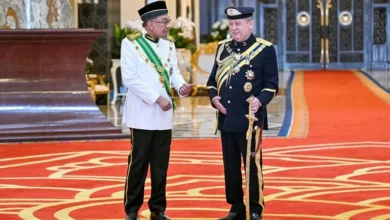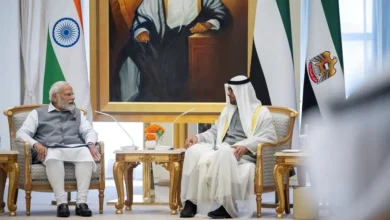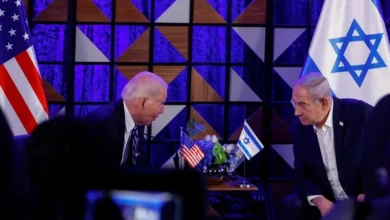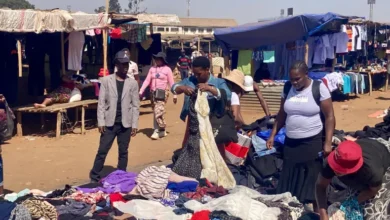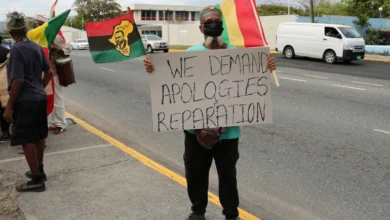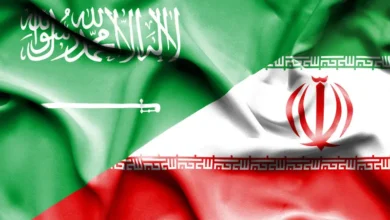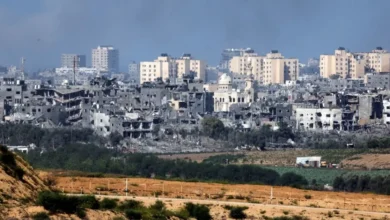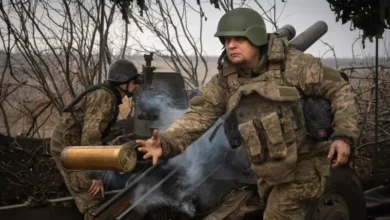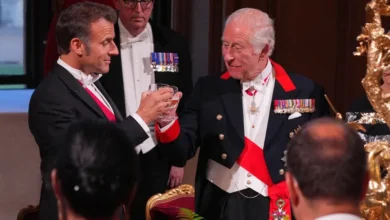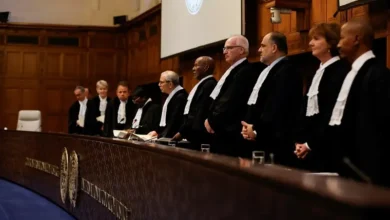Lebanon fears regional war as Hezbollah-Israel fighting intensifies
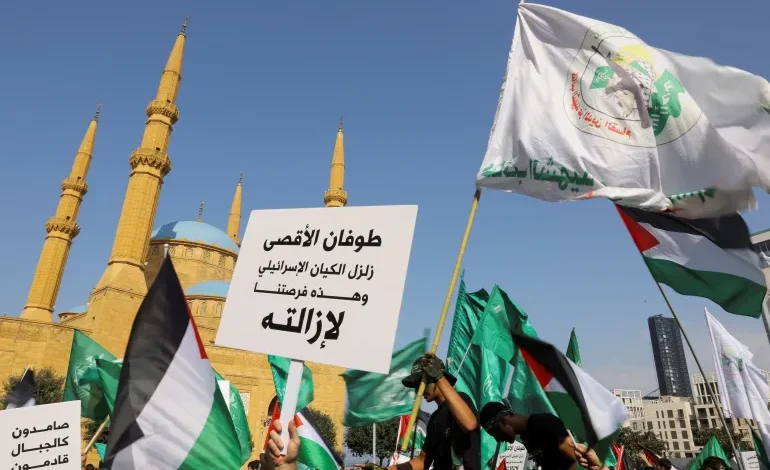
There is growing fear in Lebanon that fighting between the armed group Hezbollah and Israel could spiral out of control, even as many residents sympathise with the Palestinians under bombardment in Gaza during the Israel-Hamas war.
In recent days, the Lebanese armed group and Israel have launched attacks deeper into each other’s territory, an escalation from previous skirmishes confined to the Israel-Lebanon border region.
The attacks mainly target military outposts and fighters, although there have been a handful of civilian casualties.
Most Lebanese villages in the crossfire have been emptied of residents, with many fleeing to Hezbollah’s stronghold in the suburbs of the capital Beirut. That area remains safe, for now.
“I really hope that an all-out war doesn’t start because then it will never stop,” said Elie Khoury, 30, from his phone shop in Beirut. “We won’t be able to handle it [economically]. We don’t even have enough medications and there is a shortage of needles in the hospitals.”
An online petition, which has already 8,939 signatures, has called on the Lebanese government not to get dragged into the war. It warns that Lebanon could otherwise be turned into another “battleground for proxy wars” fought by foreign powers.
Some residents, however, told Al Jazeera that they would support Lebanon taking a more aggressive posture, citing the high death toll from Israel’s attacks on Gaza.
More than 8,000 Palestinians have been killed in the ongoing Israel bombardment, according to Gaza’s Health Ministry. Of that figure, 3,195 were children. That’s higher than the total number of children killed in conflict zones across the world each year since 2019, according to the nongovernment organisation Save the Children.
“The Israelis are killing children. What’s happening in Gaza is not a war. It’s a massacre,” said Jack Topalian, who runs a coffee stand in Beirut. “How can we just keep silent?”
“Both have evacuated villages in order to limit the human death toll,” said Randa Slim, a Lebanese expert with the Middle East Institute.
Nevertheless, she noted that the uptick in violence is worrisome. Hezbollah has claimed to have lost 50 fighters in the fighting, and Israel said six of its soldiers have also died.
“We are seeing the escalation going steadily up every few days. It is a steady pattern,” Slim said. “The trend is telling … but so far, it doesn’t appear to be out of control.”
Meanwhile, Palestinian fighters based in Lebanon have also stepped up their attacks.
On October 29, the Palestinian group Hamas said its fighters fired rockets from Lebanon, while another Palestinian armed group claimed responsibility for launching explosives into northern Israel as well.
The involvement of Palestinian fighters allows Hezbollah to claim plausible deniability if its forces cross Israel’s “red lines” such as killing civilians or attacking inhabited towns, said Slim.
But those Palestinian-led attacks are the source of tension in Lebanon. Groups like the Palestinian Liberation Organization played a prominent role in Lebanon’s 15-year civil war before they were expelled in 1982. The presence of other Palestinian fighters remains controversial.
“It is a calculated risk on [Hezbollah’s] part,” Slim said of the group’s loose collaboration with Palestinian fighters, “because for the majority of Lebanon, it brings back bad memories”.
Political paralysis
Lebanon’s caretaker Prime Minister Najib Mikati told the news outlet AFP on Monday that he is working to avoid a war despite the escalation on his southern border.
“[The] Lebanese have had enough of wars,” he said.
He added that Hezbollah — a much more powerful force than the Lebanese national army — has managed the situation “rationally and wisely”. But he expressed fear that Lebanon could slide into the war, sparking a wider regional conflict.
“Chaos could engulf the entire Middle East,” he warned.
Walid Jumblatt, leader of Lebanon’s Druze minority group, also said that the “fate of Lebanon is at stake” and that the country’s leaders are advising Hezbollah not to escalate its attacks.
Neither leader, however, has sway over Hezbollah, which is regionally backed by Iran.
Hassan Nasrallah, who is the secretary-general of Hezbollah, is expected to make a speech on Friday about the group’s fight with Israel and Israel’s ongoing bombardment of Gaza. His words could shape the fate of the country and the region.
“The Israelis are unable to advance in Lebanon by land. But we still must be careful and monitor the situation until Nasrallah speaks,” said Qassem Kassir, a Lebanese commentator close to Hezbollah.
A Lebanese MP, who spoke to Al Jazeera anonymously given the sensitivity of the situation, said that it would be a disaster if Lebanon were to enter into a wider conflict with Israel given its acute economic crisis, lack of social cohesion and absence of a president.
Lebanon’s parliament has thus far been unable to elect a successor to former President Michel Aoun, who left office a year ago.
The MP added that discussions in parliament mostly revolve around rallying support for Palestinians in Gaza and making emergency preparations in the event of an all-out war.
“We should have a clear position to stop the war in Gaza, to be [in support] of the Palestinian people and to take a stand,” he told Al Jazeera. “But the situation in Lebanon is also dangerous … and we are keen to de-escalate.”
